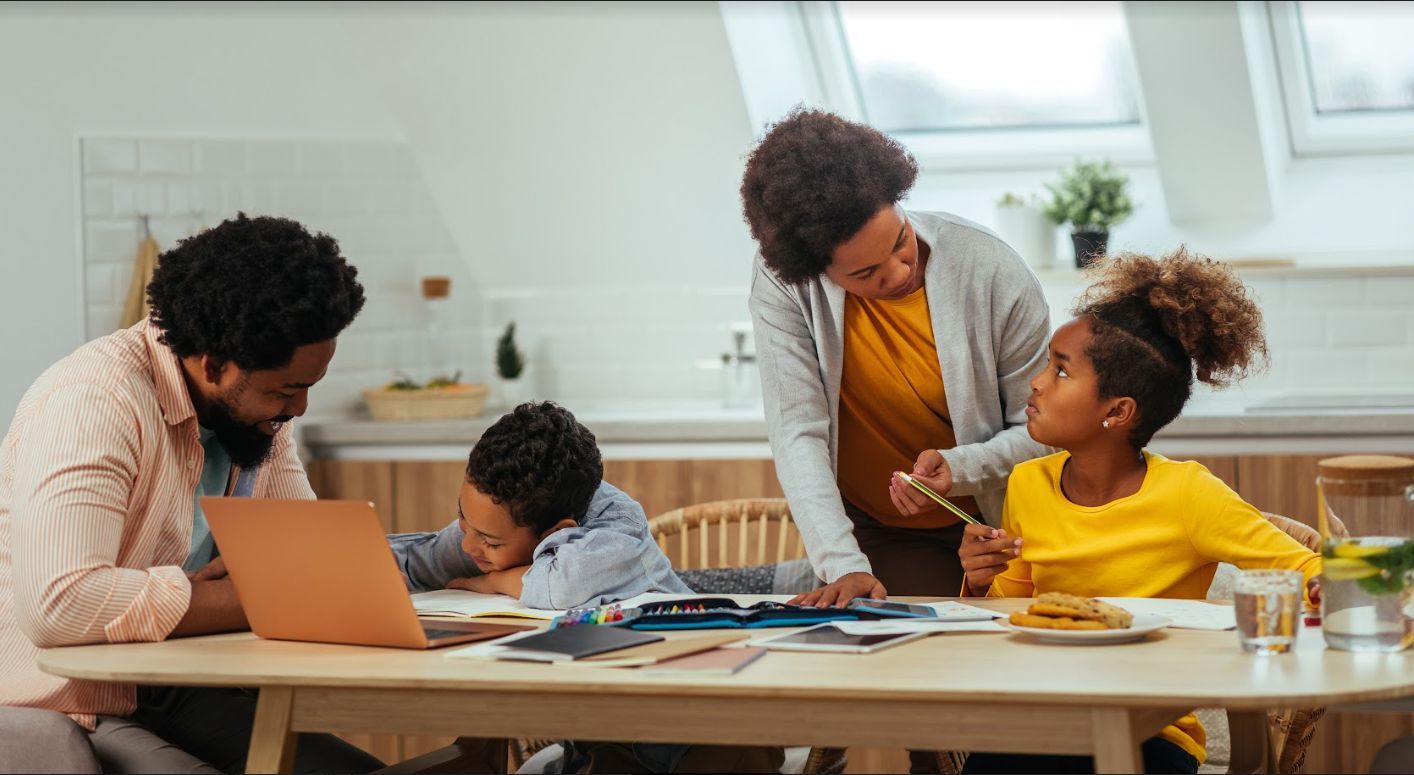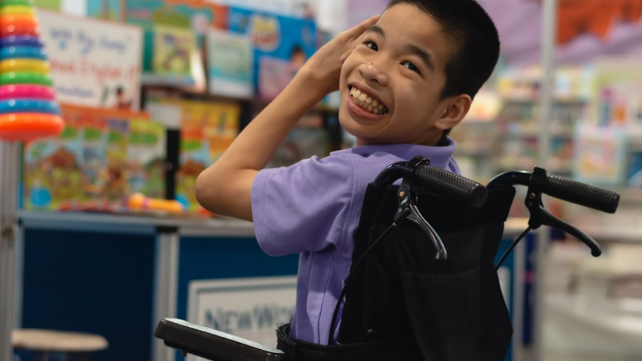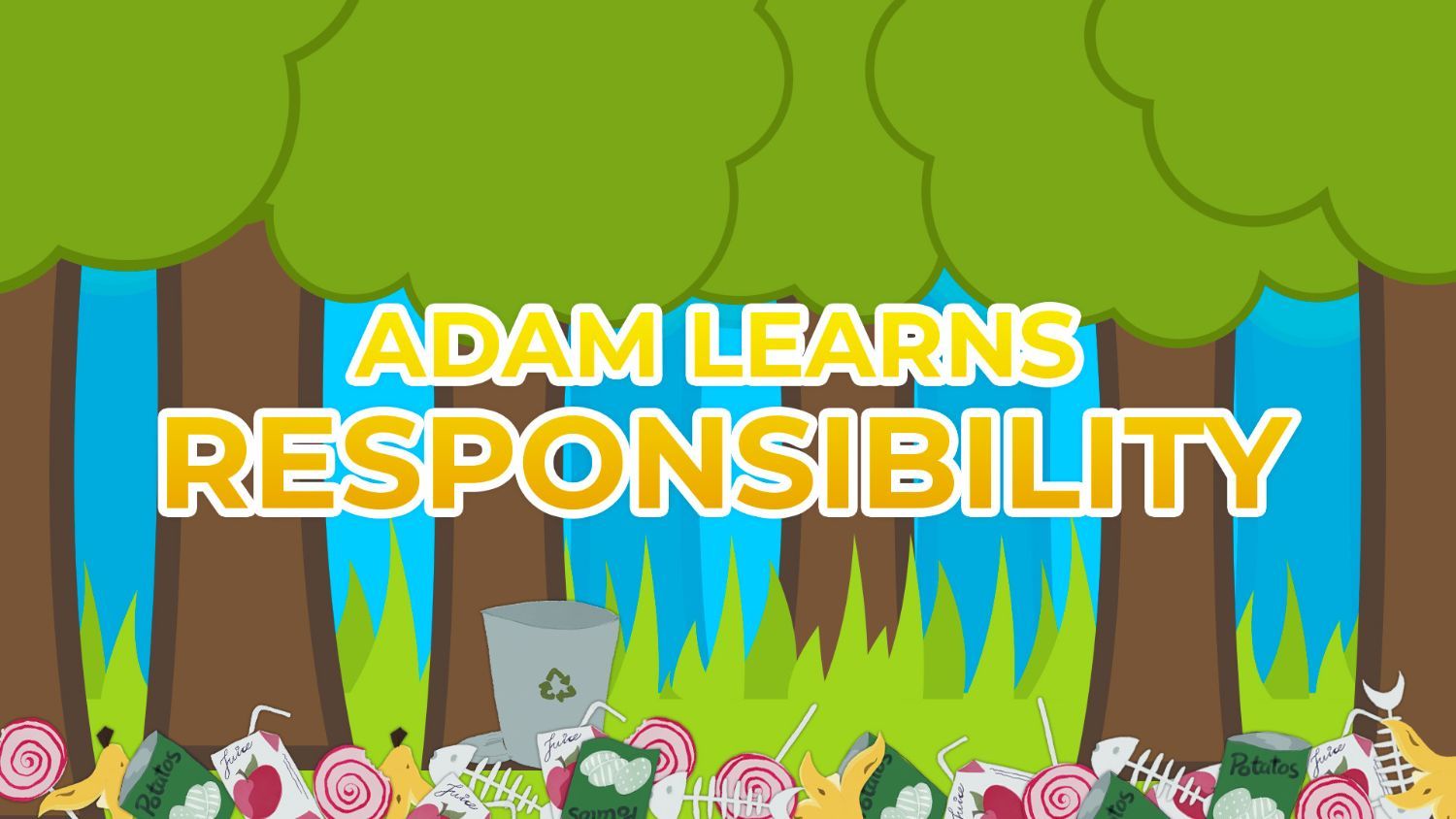|  | |  | Considering Home Education? One Size Does Not Fit All By Melissa Barreto Whatever your reasons are for wanting to home educate, you may be wondering what it can look like. Here are just few of the variations: - I know homeschoolers who dedicate learning spaces in their homes;
- and tons more who learn wherever the family happens to be gathered.
- I know homeschoolers who educate using lots of structured curricula;
- and many who don’t follow a curriculum at all.
- I know homeschoolers who believe homeschooling only counts when it happens inside the home, within the subjects and schedule that their state dictates;
- and others who wholeheartedly believe in home education as a lifestyle and learning as something that happens all the time, in every place, regardless of whether the state has an established standard for it.
- I even know homeschoolers whose homeschool is actually an RV and they travel around the U.S., learning on-the-go.
Long story short: your homeschool can look like whatever works for your family. Let Writer Melissa Barreto help you consider whether homeschooling is right for you, including starting with the right intentions. |
| | | Parenting Tip A wide variety of factors have prompted Muslim parents throughout the U.S. and Canada to consider alternatives to public education for their children. If you have decided to homeschool, there are many resources available to help with decision-making and implementation. |
| |  | Exploring Homeschooling Styles By Melissa Barreto For homeschoolers, decisions abound! For some parents, getting to make these choices feels freeing as you curate an education that aligns with your family’s values and style of learning. For other families, the sheer amount of choices feels overwhelming and adds stress. Read more about six different homeschooling styles you can choose from. |
| | | | |  | Examining Schooling Options for Muslim Children By Wendy Díaz If you are a parent of school-aged children or toddlers approaching the age requirement to begin formal education, then you may be thinking about the best options for you and your family. Depending on where you currently reside in the Western world, you might be contemplating private school, public school, or homeschooling. Where you stand on the issue of education depends on a number of factors – socioeconomic status, area of residence, family dynamics, religion, and more. There is no one size fits all when it comes to how we raise or educate our children. Writer Wendy Díaz examines a number of schooling options for Muslim children and what she learned from trying each and every one. |
| |
|
| | Islamic Guidance In an authentic hadith, Aisha, the Mother of the Believers, may Allah be pleased with her, narrated: “Whenever Allah's Messenger, peace and blessings be upon him, was given the choice of one of two matters, he would choose the easier of the two, as long as it was not sinful to do so, but if it was sinful to do so, he would not approach it.…” (Bukhari) |
| |  | Deschooling: What Parents Need to Do to Transition into Homeschooling By Sumayyah Khan Seriously thinking of homeschooling your children? Great! But wait, there is something we parents must do before we begin educating at home. Deschooling yourself – the parent – is a very important process to help you move away from the school mindset when it comes to home education. Deschooling yourself means to let go of your recollection of school and what learning looks like within a school setting. Read more about how our traditional images of “school” can get in the way of homeschooling if those memories dictate to you how learning from home should be. |
| | | Reasons for Home Educating According to the National Home Education Research Institute, the most common reasons given for homeschooling are the following: - customize or individualize the curriculum and learning environment for each child,
- accomplish more academically than in schools,
- use pedagogical approaches other than those typical in institutional schools,
- enhance family relationships between children and parents and among siblings,
- provide guided and reasoned social interactions with youthful peers and adults,
- provide a safer environment for children and youth, because of physical violence, drugs and alcohol, psychological abuse, racism, and improper and unhealthy sexuality associated with institutional schools,
- protect minority children from racism in public schools or lower expectations of children of color, and
- teach and impart a particular set of values, beliefs, and worldview to children and youth.
For more details, see here. |
| |  | Is Homeschooling the Right Choice for My Child with a Disability? By Miriam Mohamed An advantage of homeschooling is that students can progress according to their own temperament and timetable. But can this non-traditional method be an option for a child with a disability? There are many factors to consider. Learn more from author Miriam Mohamed about the layers of resources that need to be considered and about how her family made their decision to opt for public education for their son Noah. |
| | | | |  | Adam's World Videos: Adam Learns Responsibility Adam takes an opportunity to remind Aneesah about the importance of being responsible to our communities and the planet. The Arabic letter "Haa" for Hajj and the English letter "R" for responsibility are features. A nasheed by Dawud Wharnsby called Take Responsibility is a nice addition. (6:48) |
| |
|
| | | |  | The Sound Vision Foundation has been a trusted source of Islamic knowledge for more than 30 years. Our work with the world-renowned puppets Adam and Aneesah pioneered creative programming for Muslim children, encouraging them to learn about and love their religion. We continue to bring sound content and engaging programs that stimulate minds, touch hearts, and strive to fulfill our mission of raising better Muslims, better neighbors, and better citizens. This latest effort is designed to support and empower Muslim parents to do the same. |
| | | |
|
| |
|
|